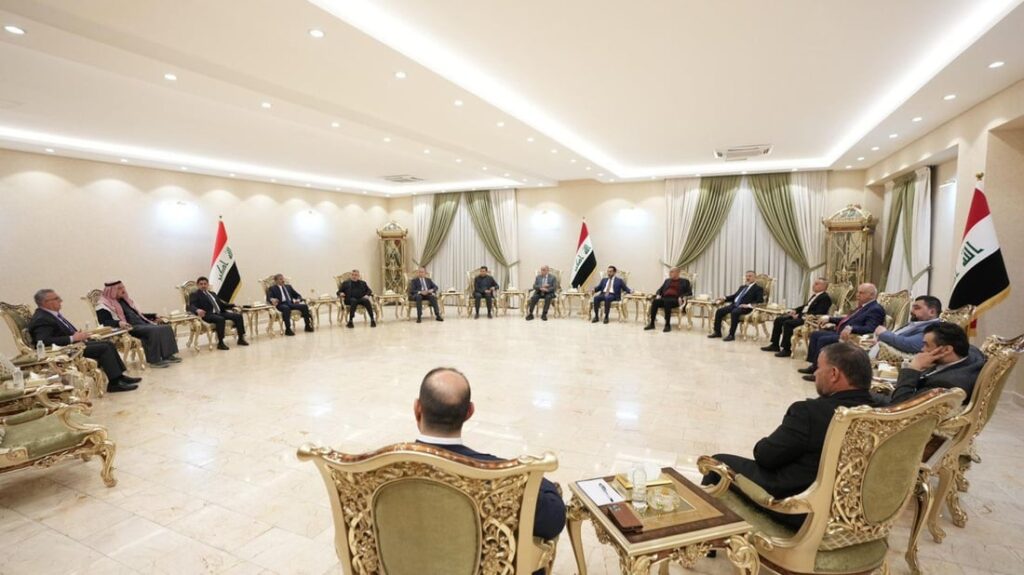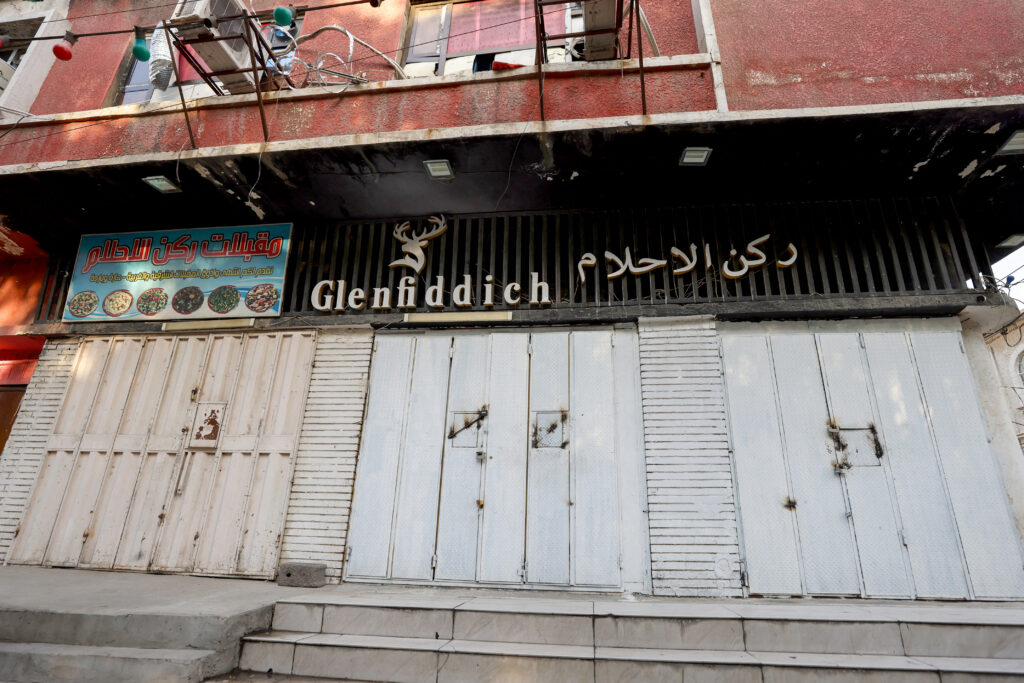Iraq: Implementation of resolution 2470 (2019) - Report of the Secretary-General (S/2020/363) [EN/AR]
I. Introduction
- The present report is submitted pursuant to Security Council resolution 2470 (2019), in which the Secretary-General was requested to report every three months on progress made towards fulfilling the mandate of the United Nations Assistance Mission for Iraq (UNAMI). The report covers key developments relating to Iraq and provides an update on the activities of the United Nations in Iraq since my previous report of 21 February 2020 (S/2020/140) and the briefing to the Council by my Special Representative for Iraq and Head of UNAMI on 3 March 2020.
II. Summary of key political developments
A. Political situation
Political developments during the reporting period were dominated by the process of forming a Government amid the growing impact of the coronavirus disease (COVID-19) pandemic in Iraq.
On 1 March, the Prime Minister-designate, Mohammed Tawfiq Allawi, withdrew his candidacy for the premiership after extended consultations with political blocs following his nomination on 1 February. In a letter to the President, Barham Salih, Mr. Allawi underlined his attempts to form an independent Government and attributed his decision to withdraw to insufficient political support for his candidacy.
On the same day, the President issued a statement in which he pledged to select another candidate within the 15-day constitutional timeline.On 2 March, the caretaker Prime Minister, Adil Abd Al-Mahdi, addressed a letter to the President and to the Speaker of the Council of Representatives,
Mohammed al-Halbousi, explaining that he was voluntarily stepping down from most of his official duties. He clarified that matters assigned to him in his capacity as Commander-in-Chief of the Armed Forces would remain under his purview.Following the withdrawal of Mr. Allawi’s candidacy, consultations among political blocs on the selection of a new candidate for the premiership resumed. On 16 March, a committee established by seven Shia political blocs to select a new candidate and submit their nomination to the President announced that it had failed to reach consensus. The following day, the President announced the appointment of Adnan al-Zurfi as Prime Minister-designate through a presidential decree.
Following his appointment, Mr. Al-Zurfi delivered a televised address setting out a number of pledges that included preparing for early elections, containing the COVID-19 outbreak, adopting the 2020 federal budget, protecting demonstrators and responding to their demands, and distancing Iraq from external conflict.
On 17 March, four Shia political blocs issued a statement in which they rejected the designation of Mr. Al-Zurfi by the President as unconstitutional because Mr. Al-Zurfi had not been nominated by the largest political bloc in the Council of Representatives. They noted that they would use all available means to prevent the process from moving forward.
Despite Mr. Al-Zurfi’s extensive engagement with a large segment of the country’s political actors, leaders of political blocs failed to reach agreement on moving forward with his nomination. In the absence of consensus, the blocs held consultations on the selection of a possible replacement for Mr. Al-Zurfi. On 5 April,
Shia political leaders agreed to nominate Mustafa al-Kadhimi. On 9 April, Mr. Al-Zurfi announced his decision to withdraw his candidacy to preserve the “unity and higher interest” of Iraq. On the same day, the President tasked Mr. Al-Kadhimi with forming a new Government. The President noted the political consensus in favour of the nomination and, in line with the Constitution, gr anted Mr. Al-Kadhimi a period of up to 30 days to form a Cabinet and obtain the confidence of the Council of Representatives.On the day of his designation, Mr. Al-Kadhimi pledged to form a Government that would prioritize the aspirations and demands of the Iraqi people. In a televised address, he elaborated on his priorities, which included addressing the COVID-19 health crisis, bringing arms under State control, strengthening the economy, protecting demonstrators, balancing external relations, safeguarding Iraqi sovereignty from external interference and securing the return of internally displaced persons to their places of origin. The parliamentary women’s affairs committee called upon Mr. Al-Kadhimi to reintroduce the previously abolished post of Minister of Women and to appoint women to no less than one third of the ministerial positions in the Cabinet.
As efforts to form a Government were ongoing, the State authorities increasingly focused on addressing the emerging COVID-19 health crisis and its implications for the country. The crisis cell established by the Government on 26 January through Executive Order No. 55 assumed responsibility for the oversight of precautionary and treatment-related operations and the preparation and submission of associated recommendations. The cell put in place a range of preventive measures to respond to the COVID-19 outbreak. The measures included the imposition of mandatory stay-at-home orders across Iraq; the banning of all pilgrimages and religious ceremonies; the suspension of all commercial passenger flights; the closure of all land borders, allowing only for essential trade; and the transfer of $50 million to the Ministry of Health for COVID-19-related purchases. A curfew was imposed in Baghdad from 17 March and was to remain in effect until at least 23 April. However, on 19 April, the cell announced that, from 21 April to 22 May, the curfew would be partially lifted between 6 a.m. and 7 p.m. for five days a week, and that a complete curfew would be in effect on Fridays and Saturdays. The ban on internal and external travel remains in place.
![Iraq: Implementation of resolution 2470 (2019) - Report of the Secretary-General (S/2020/363) [EN/AR]](https://reliefweb.int/sites/reliefweb.int/files/styles/m/public/resources-pdf-previews/1516626-S_2020_363_E.png)





